A charter school is an independently run public school granted greater flexibility in its operations, in return for greater accountability for performance. The “charter” establishing each school is a performance contract detailing the school’s mission, program, students served, performance goals, and methods of assessment.
Frequently Asked Questions
Frequently Asked Questions About Public Charter Schools
Charter schools are public schools of choice, meaning that families choose them for their children. They operate with freedom from some of the regulations that are imposed upon district schools. Charter schools are accountable for academic results and for upholding the promises made in their charters. They must demonstrate performance in the areas of academic achievement, financial management, and organizational stability. If a charter school does not meet performance goals, it may be closed.
No. Charter schools can vary a great deal in their design and in their results. Uncommon Schools creates schools based on the principles and practices that have proven successful in producing significant academic gains at high-performing urban charter public schools across the country.
Frequently Asked Questions about Uncommon
Uncommon schools share the following key attributes: a college preparatory mission; high standards for academics and character; a highly structured learning environment; a longer school day and a longer school year; a focus on accountability and data-driven instruction; and a faculty of committed and talented leaders and teachers. Schools within the Uncommon network are modeled on some of the highest-performing urban public charter schools in the country.
Each school admits students through a random lottery. Based on legislation passed in 2007, all New York City charter schools must give preference to students living in the school district where the charter school is located; however, students who reside outside the district are eligible to apply and may be admitted if space permits. Please visit the individual school pages to learn more about the enrollment processes for Boston, Camden, New York City, Newark, and Rochester.
Certification requirements vary by state.
In New Jersey, all teachers must be certified, and Uncommon Schools helps teachers navigate the process of securing teaching credentials.
Although New York state doesn’t require 100% of teachers to be certified at each charter school, “No Child Left Behind” legislation requires teachers to attain their licenses with reasonable speed; Uncommon New York City is able to ensure that its teachers are enrolled in a Master’s program that provides provisional certification and, more importantly, high-quality training.
In Massachusetts, charter school teachers must attain Highly Qualified teacher status as dictated by “No Child Left Behind,” by possessing a bachelor’s degree and demonstrating subject matter competence in the subjects they teach; Uncommon Boston encourages teachers to get certified and helps them through this process.
More Information on Charter Schools in Massachusetts:
More Information on Charter Schools in New Jersey:
More Information on Charter Schools in New York:
- Charter Schools Institute of the State University of New York
- New York City Charter School Center
- New York State Education Department
More Information on Charter Schools in the U.S.:
- Center for Education Reform
- Charter Friends National Network
- National Charter School Resource Center
